We Bought A Zoo
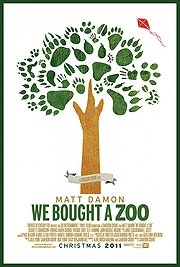
We Bought a Zoo, surely up there with Man on a Ledge, is the latest in a wave of movies that seem reluctant to put any thought whatsoever into an actual title. Where the latter had little more to give than endless scenes depicting just that, a man on a ledge, however, We Bought a Zoo is far more than it might initially seem: surely the world record holder for most ambitious mid-life crisis.
A once-adventurous, jet-setting journalist who has since found himself grounded by the death of his wife, Benjamin Mee (Damon) decides to move house as his son Dylan (Colin Ford) is finally expelled from school and rowdy neighbours continue to keep his 7-year-old daughter (Maggie Elizabeth Jones) from sleeping. Settling on a property miles from the nearest frat party, Benjamin is nearly talked out of buying when the house is revealed to come complete with a struggling zoo and the small staff that maintain it. Unable to tear Rosie away from the animals, he decides not only to relocate but to get the zoo up and running before the next scheduled inspection, to the delight of the zoo-keeper, Kelly Foster (Johansson), and her young cousin, Lily (Elle Fanning).
An adaptation of the real-life Benjamin Mee’s memoir of the same name, We Bought a Zoo marks the long-awaited return of director Cameron Crowe following the relative box office failure of his previous project, Elizabethtown. Uprooting the Mee’s from Devon’s Dartmoor Zoological Park to a Southern California-set facsimile, the film – co-written by Crowe himself – takes a little creative license with the initial acquisition of the property and adds a few innocuous love interests to try and steer audience’s attention away from the myriad endangered species and animal attractions. It is a small and necessary manipulation, perhaps, but one which does not go unnoticed.
The characters – while nicely played – lack the ring of truth required by this heartfelt drama; whether it’s the mage-like seven year-old, the relentlessly loudmouthed real-estate agent or the spunky young zookeeper who still lives with her mother. While the familial struggle and the ever-present tragedy at the story’s centre are played with dignity and poignancy, a discordantly slapstick antagonism between the oddball zoo-hands and a pantomime inspector straight out of Ace Ventura is forever threatening to undermine any carefully orchestrated good will. Throw in a sequence in which an escaped bear does anything but fatally maul its gun-wielding captors and it all becomes a little too much to, um, bear.
At the film’s centre, Matt Damon does his best with an uncanny Mark Wahlberg impression in a solid – if unremarkable – performance as the adventurer who might have finally bitten off more than he can chew. Ably backed by Thomas Hayden Church in the role of his disapproving brother, the two build up an effortlessly likeable rapport that at least attempts to examine Benjamin’s own rationale, helping to gloss over a few plot contrivances even if it is at the expense of a few too many colloquial “mans”. While not afforded the same attention, the relationship between Scarlett Johansson and Elle Fanning is similarly impacting.
The plot, such that it is, largely keeps to itself, never offering up a development or twist that invites any further inspection or is even particularly worthy of note. With a number of subplots in play at any one time – from the tween romance and the impending inspection to the deterioration of the park’s elder-most tiger – very few provide any surprise as the film follows a very well worn narrative path. With the inevitability of the ending all but set in stone, it is impossible not to question the film’s considerable 123 minute running time. Many of the conflicts go on a beat too long, their resolutions all too often padded out by repetitive arguments and a preoccupation with showing audiences each and every animal species in residence.
While it might not be perfect, We Bought a Zoo is nevertheless a genial and perfectly affable affair. Despite its length and proclivity for cliché, Crowe’s latest manages to tread familiar waters without inciting any ill-will whatsoever. Earnest, undemanding and ultimately very moving, a keen eye for human drama and a disarming score courtesy of Icelandic music man Jonsi manage to compensate for the occasional dud character and hokey line of dialogue. Just avoid if you’re not looking to answer difficult questions regarding the Easter Bunny.

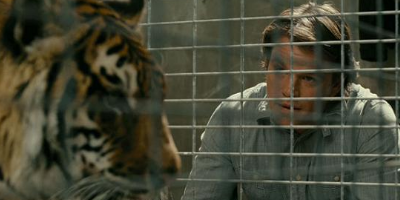

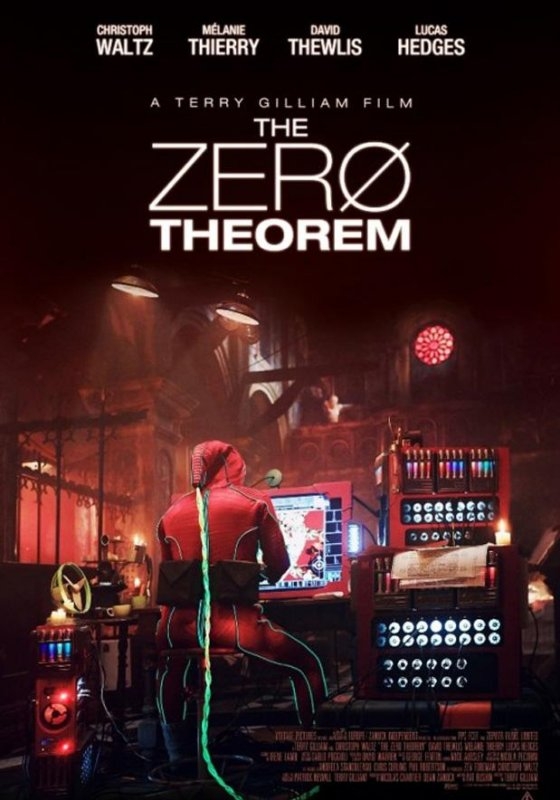
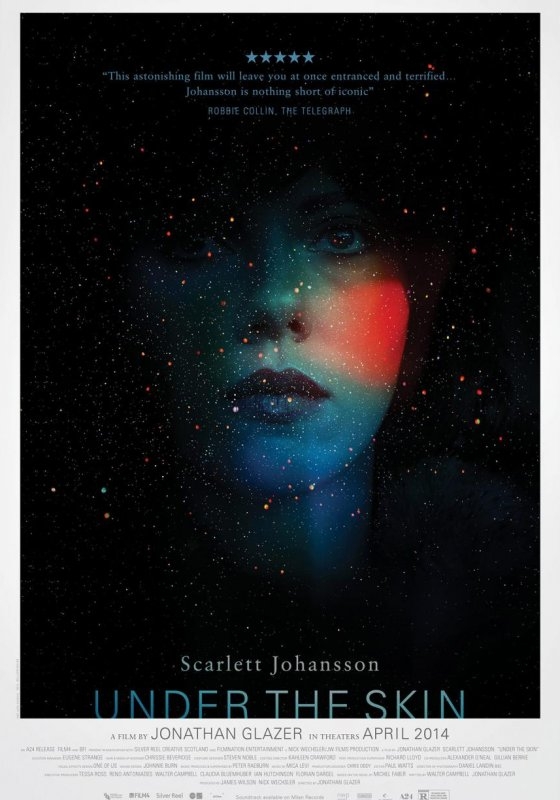
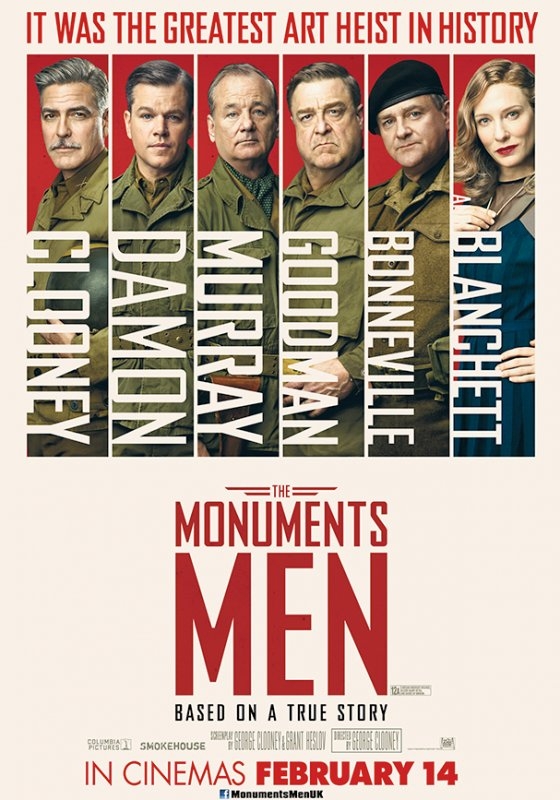
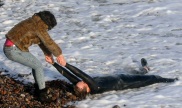
Recent Comments